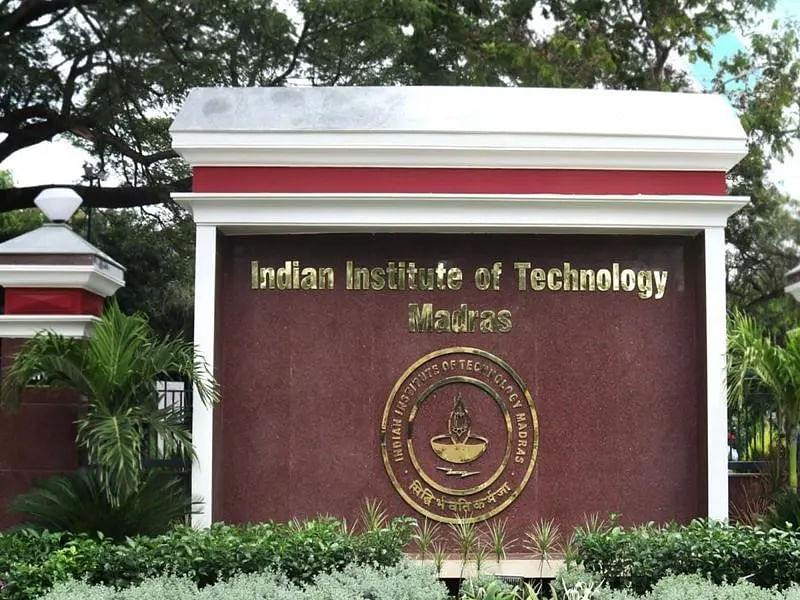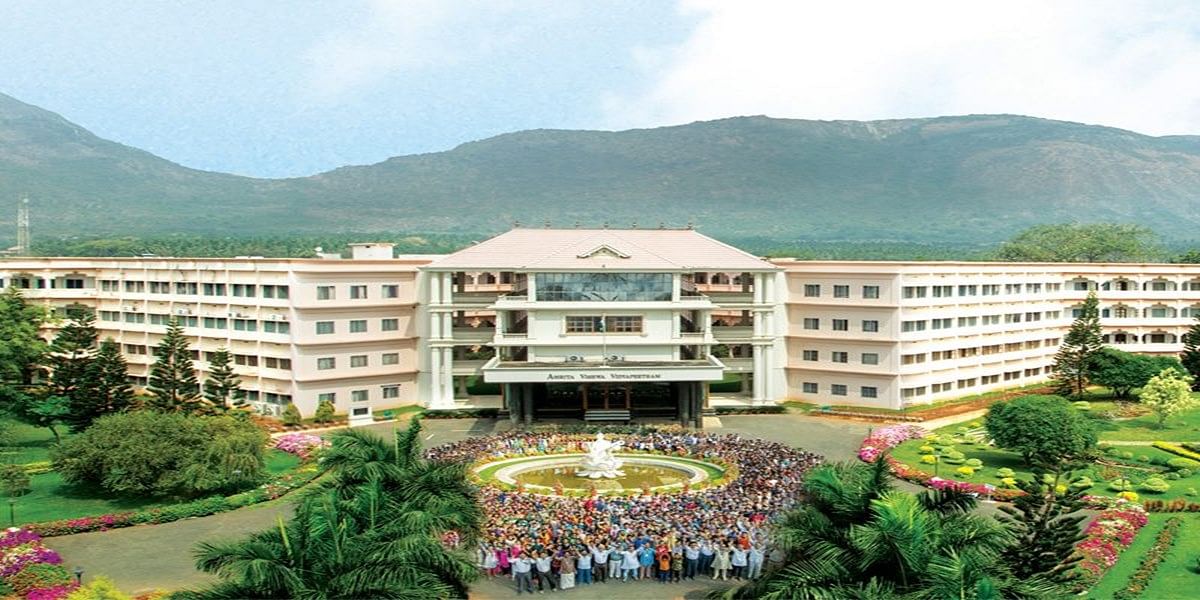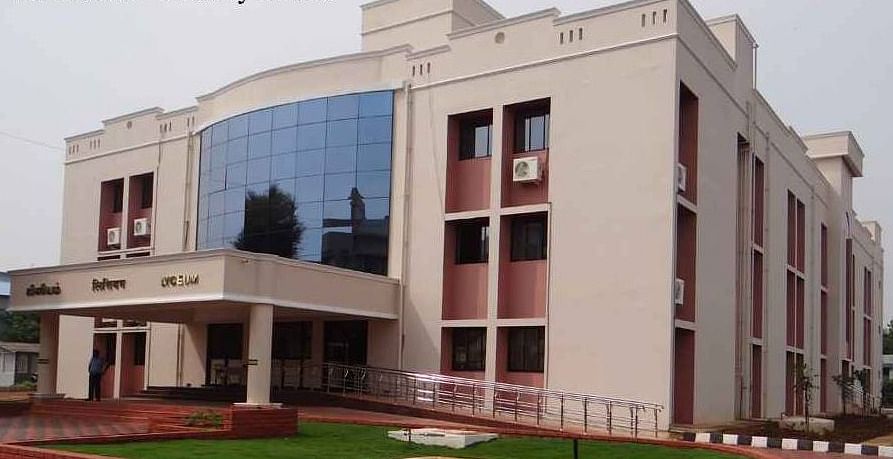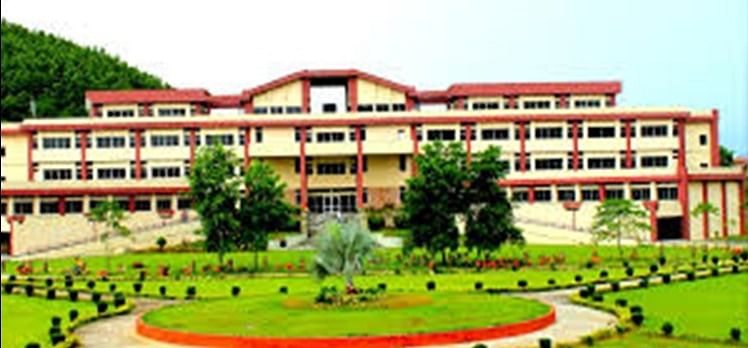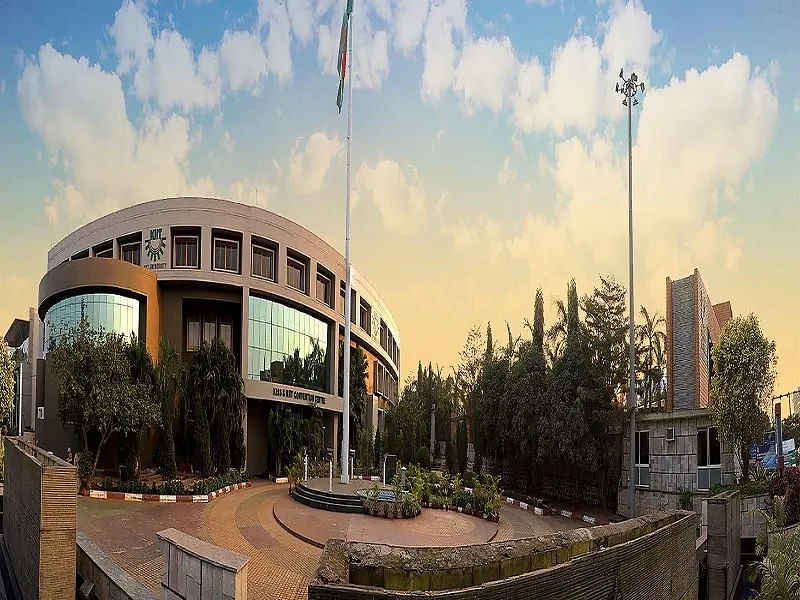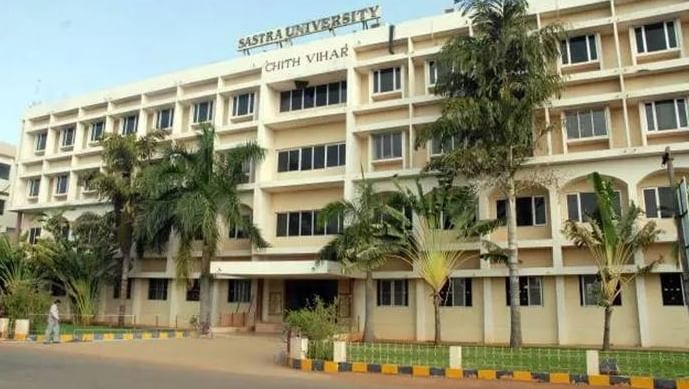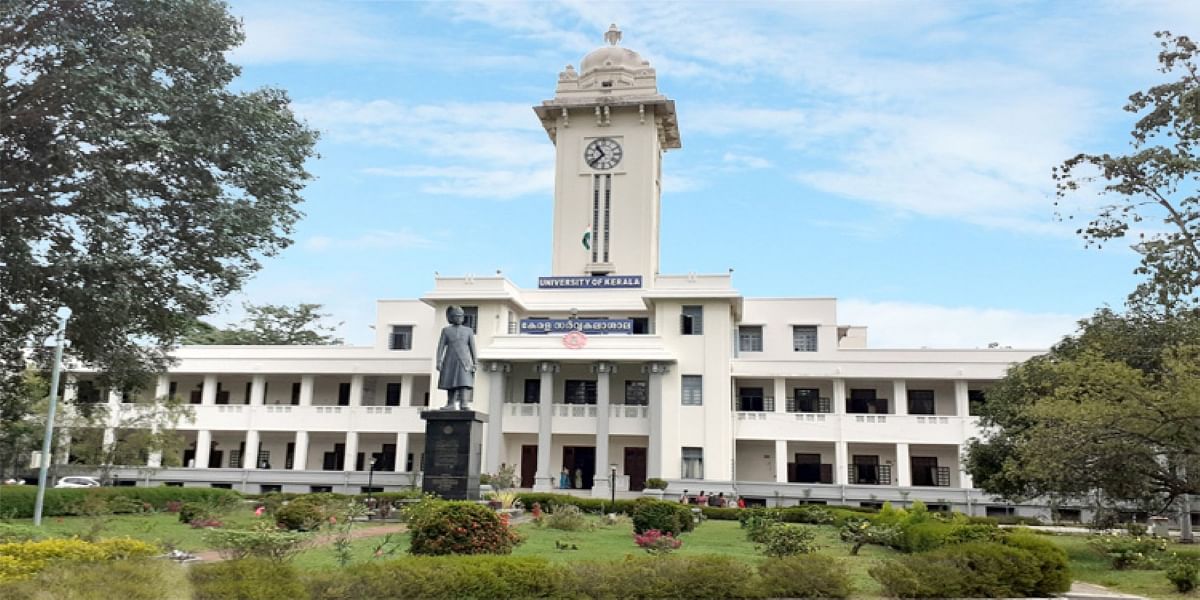M.Tech Communication Systems Syllabus and Subjects

M.Tech Communication Systems syllabus incorporates two years divided in four semesters. The syllabus comprises theoretical and practical subjects dealing with planning, designing, developing, and managing various communication systems. The postgraduate communication systems course is designed to focus on developing industry relevant skills and knowledge in students. Some common M.Tech Communication Systems subjects are Linear Operators and Integral Equations, Probability and Stochastic Processes, Signal Detection and Estimation, Advanced Digital Communication, Optical Communication Systems etc.
Semester Wise M.Tech Communication Systems Syllabus
M.Tech Communication Systems syllabus enables students to learn how to design, operate, install and service communications systems and equipment to meet the needs of businesses and other organizations. It introduces aspirants to a broad range of communication systems concepts that are further categorised into several specializations. The curriculum consists of core courses devoted to the design basics of VLSI systems, the hardware description languages, and CAD tools. The elective courses are oriented towards imparting specialized knowledge and skills in the use of advanced VLSI design techniques. The semester wise breakdown of the M.Tech Communication Systems syllabus is as given below:
|
Semester I |
Semester II |
|
Linear Operators and Generalized Functions |
Advanced Digital Communication |
|
Probability and Stochastic Processes |
Broadband Wireless Technologies |
|
Detection and Estimation |
Optical Communication Systems |
|
Microwave Circuits |
Digital Signal and Image Processing Laboratory |
|
Elective I |
Elective II |
|
Microwave and MIC Laboratory |
Fiber Optics Laboratory |
|
Semester III |
Semester IV |
|
Smart Antenna Signal Processing |
Internship |
|
Wireline Broadband Communications |
Technical Seminar |
|
Major Project : Phase I |
Major Project : Phase II |
M.Tech Communication Systems Subjects
The subjects in M.Tech Communication Systems are designed to enhance the expertise of students in communication technology to equip them with industry related knowledge. The M.Tech Communication System syllabus includes both theoretical classroom based teaching and practical lab sessions for better understanding of advanced application related concepts. The curriculum consists of both core and elective subjects to make the two year-long program more flexible. M.Tech in Communication Systems subjects list is as follows:
- Linear Operators and Integral Equations
- Probability and Stochastic Processes
- Signal Detection and Estimation
- Advanced Digital Communication
- Optical Communication Systems
M.Tech Communication Systems Course Structure
M.Tech Communication Systems course structure is designed to include both core and elective subjects. The course is composed of two years divided into four semesters. In the first year, students are introduced to fundamental communication systems subjects. While in the second year, students are introduced to specific subjects relating to their specialization. Students get to learn subjects similar to M.Tech Digital Electronics and Communication Systems syllabus also. In addition, practical lab sessions enhance the understanding of theoretical concepts. The course structure is as follows:
- IV Semesters
- Core Subjects
- Elective Subjects
- Practical Workshops
- Project/ Thesis Submission
M.Tech Communication Systems Teaching Methodology and Techniques
The M.Tech Communication Systems curriculum takes into account different teaching methods. Along with lectures and practical training, the students are trained in elective subjects of various specializations. The teaching methodology is designed to offer industry based learning to the students. Listed below are the teaching methodology and strategies in general:
- Group Projects
- Conceptualized Learning
- Traditional Classroom Based Teaching
- Practical Lab Sessions
- Talks from guest speakers
- Seminars
- Semester Abroad Opportunities
M.Tech Communication Systems Projects
M.Tech Communication Systems projects are given to students for interdisciplinary learning. Projects for M.Tech Communication Systems assist students in getting hands-on experience and training in industrial work. Projects are to be completed by the end of fourth semester. Some popular M.Tech project topics in Communication Systems are:
- Wireless Sensor Networks
- Optical Communication & Networking
- Global Positioning Systems
- Cryptography and Coding
- Network Security
M.Tech Communication Systems Reference Books
M.Tech Communication Systems books are available both online and offline in many authors and publications. Reference books are meant for better understanding of concepts and are also available online in pdf format. Students should put money in reference books after proper research. Some of the best reference books for M.Tech Communication Systems are:
|
Name of the Books |
Authors |
|
Stochastic Processes in Engineering systems |
E.Wong & B.Hajek |
|
Digital Spectral Analysis |
S.L.Marple |
|
Microwave Transistors and Amplifiers |
G.Gonzalez |
|
Wireless Communications |
P. Muthu Chidambara Nathan |
